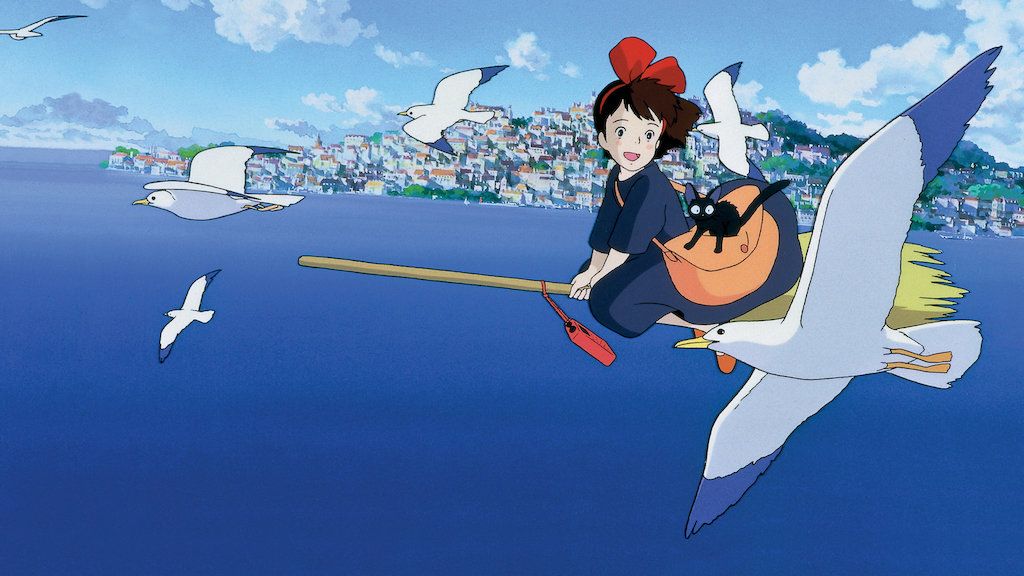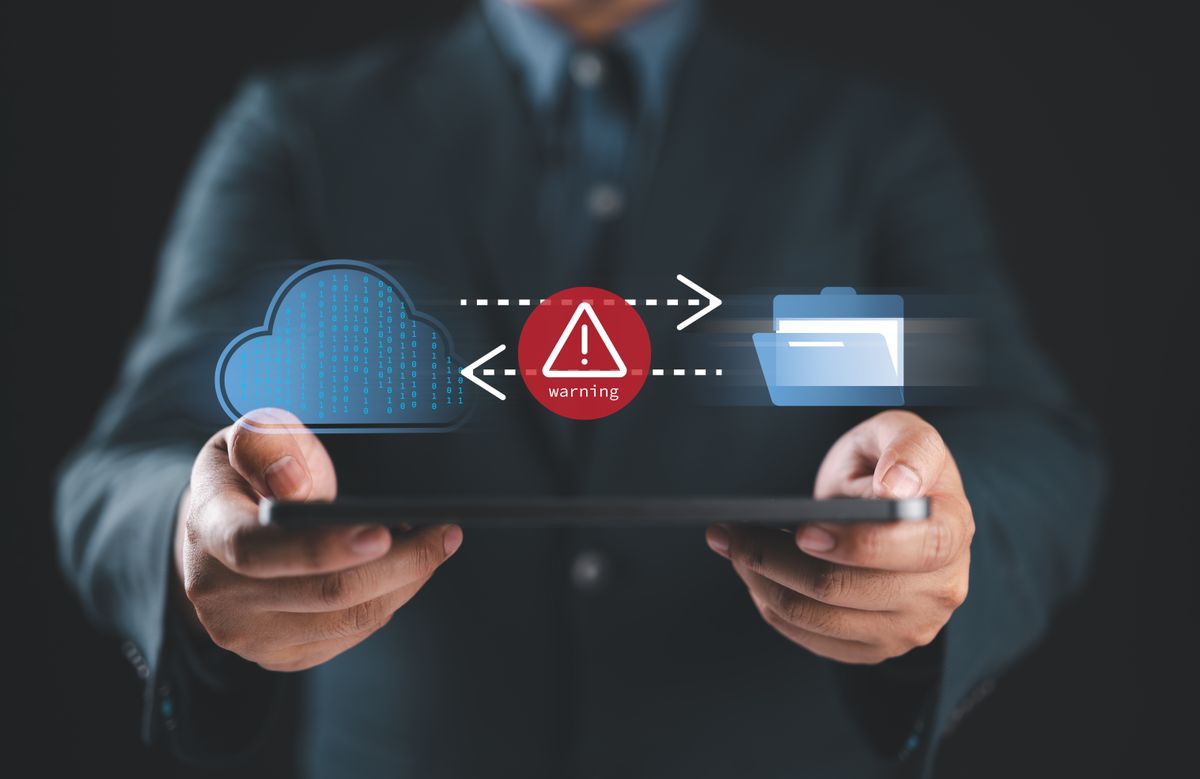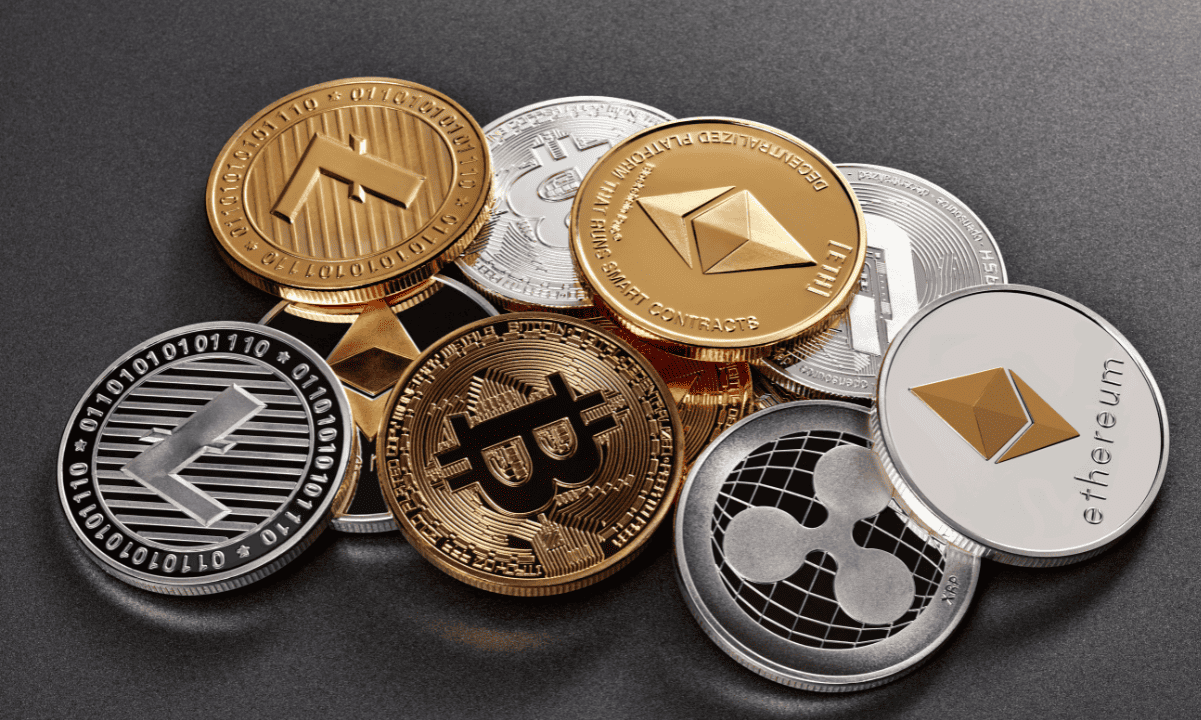The pink skies, big eyes, and dreamy glow suddenly filling my social media had me excited for half a second about a new Studio Ghibli film. Another moment to look and the artificial origins of the images became as clear as my distate for their spread.
The viral Ghibli images produced by ChatGPT this week are not made with malice aforethought, but they represent the worst bits of AI-produced media.
In case you’ve avoided the latest AI faux pas, it's a trend born out of OpenAI’s latest upgrade to ChatGPT, an improved image generator beyond the current DALL-E model that is talented at mimicking art styles. And by art styles, I don't just mean "Rennaissance" or "Dutch Old Master," I mean very specific studios and artists.
Naturally, someone realized you could prompt it to make your photos look straight out of a Ghibli movie, and the floodgates opened. Pets, babies, friends, celebrities, memes, and everything else are getting the AI Ghibli treatment.
Ghibli style memes taking over the internet 😅 pic.twitter.com/96v8ip8ezXMarch 27, 2025
Some of the results are beautiful. Some are strange. All of them are vaguely evocative of Ghibli. But that’s just it; they evoke, echo, and imitate. They’re the AI equivalent of hearing a cover band do a near-perfect version of “Let It Be.”
You might get some of the same feeling as hearing the original, but it won't be exactly right, and trying to force it just makes it worse.
Studio Ghibli's films are purposefully, almost radically, slow in both style and production. They pause in places where most films push forward to give you a chance to take in the beauty of animated wind in the grass or the details of an empty street. The art isn’t just stunning; each frame is imbued with care and craft.
These films are drawn by hand, over years, by people who breathe life into every frame. Digested and regurgitated by AI misses the point to a comical degree. To go back to the music analogy, it's like saying you've got tickets to the symphony but deciding to play Mozart on a kazoo and admiring it equally.
Awesome. The Ghibli style is now going to become oversaturated and associated with lazy and boring content - can’t wait for kids to grow up thinking the Ghibli movies are Ai-generated and instead of art that’s crafted by excellent artists https://t.co/YFOUIRLYAmMarch 27, 2025
That's not to say the AI images aren't accurate. It makes you wonder if it was trained on Ghibli’s work. If so, it was absolutely done without Ghibli founder Hayao Miyazaki's permission.
His disdain for AI-generated art is not subtle. In a 2016 documentary, he responded to watching an AI animation demo with visible revulsion and called it “an insult to life itself.” That might sound dramatic, but it wasn’t performative or reflecting a purely financial concern.
Everyone else: "Look at how cute these Studio Ghibli AI drawings are!"Miyazaki: pic.twitter.com/wRZeZTS9mnMarch 27, 2025
AI art flop
OpenAI has claimed to have taken steps to address artistic concerns in the wake of growing backlash. The company claims they’ve restricted users from asking ChatGPT to generate images that mimic specific living artists.
That’s a start. But it doesn’t apply to studios or creators who’ve passed away or, in Hayao Miyazaki's case, are still alive but whose legacy feels oddly unprotected here.
In fact, it was only this claim that convinced me to try out a Ghibli prompt in ChatGPT, specifically to see how the AI reacted. A minute later, I had a Ghibli-esque image of myself and my dog that made it clear that OpenAI's guardrails had some holes in them.
I know most people generating these images aren’t trying to insult anyone. They’re doing what fans have always done, showing their admiration with their own remixes.
Still, there’s a big difference between making fan art mimicking an artist and having an algorithm do it for you. I don’t think AI art is inherently evil, but I do think we need to be more careful about when and how we use it, especially when we’re playing in the sandbox of someone else's legacy.
I think my career makes it clear I'm not anti-AI, but I've not always been the best at expressing what I think it should be used for. While there's certainly space for machines to help us create, it should be in aid of our own creations, not swiping someone else's vision.





:quality(85):upscale()/2025/03/31/746/n/1922153/8dbf8d9b67eac8dc2a9e38.05929965_.jpg)
:quality(85):upscale()/2024/03/08/875/n/1922153/7632fe3065eb6e7065aba4.04676813_.png)
:quality(85):upscale()/2025/03/31/002/n/1922729/cf07533c67eb1f32df6752.13530732_.png)


 English (US) ·
English (US) ·